UNI NOVA – Research Magazine of the University of Basel
-
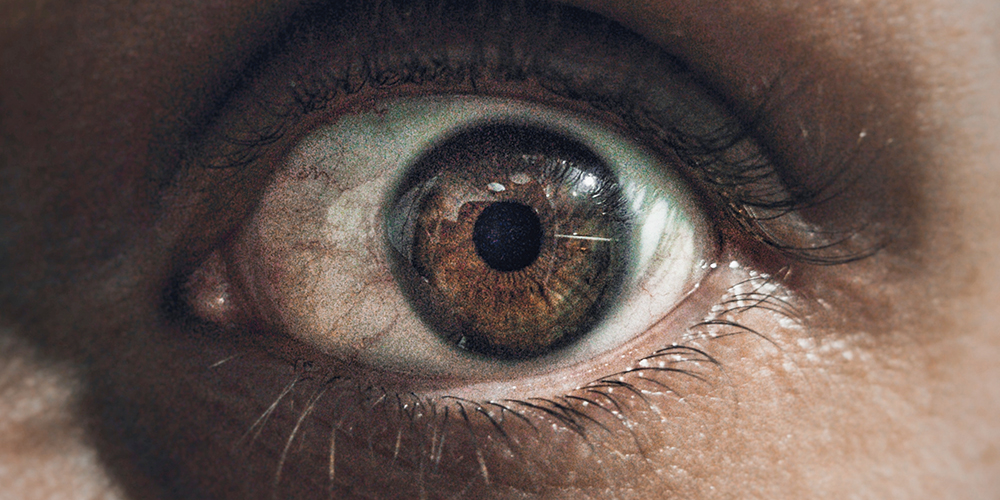 Dossier
DossierStronger than fear.
Text: Niklas Bienbeck / It is understandable to be afraid of a dangerous animal or a risky situation, but if this feeling manifests in moments where there is no clear and present danger, fear can become its own burden. Ways that can help.
-
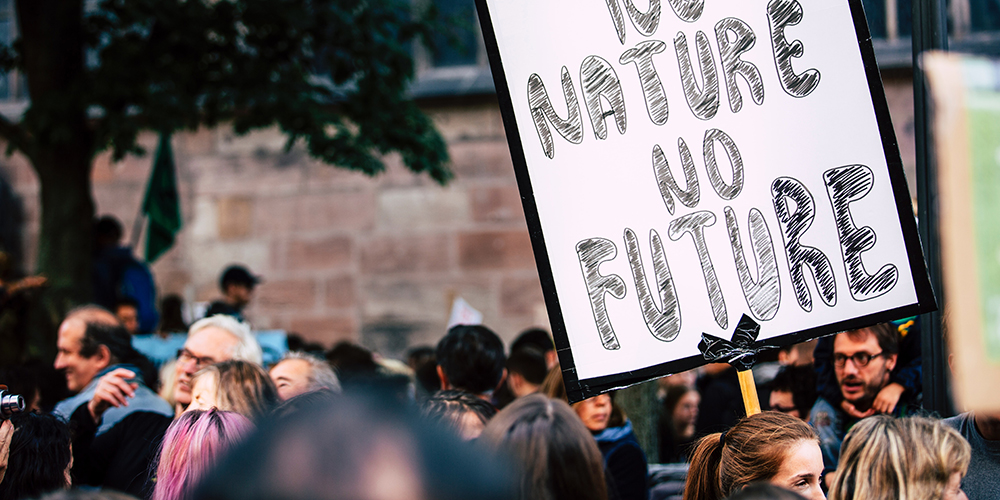 Dossier
DossierDreaded future.
Interview: Angelika Jacobs / Psychologist Karina Wahl studies rumination. We have plenty of reasons to worry about what the future will bring. A discussion about constructive ways to handle our fears about what is to come.
-
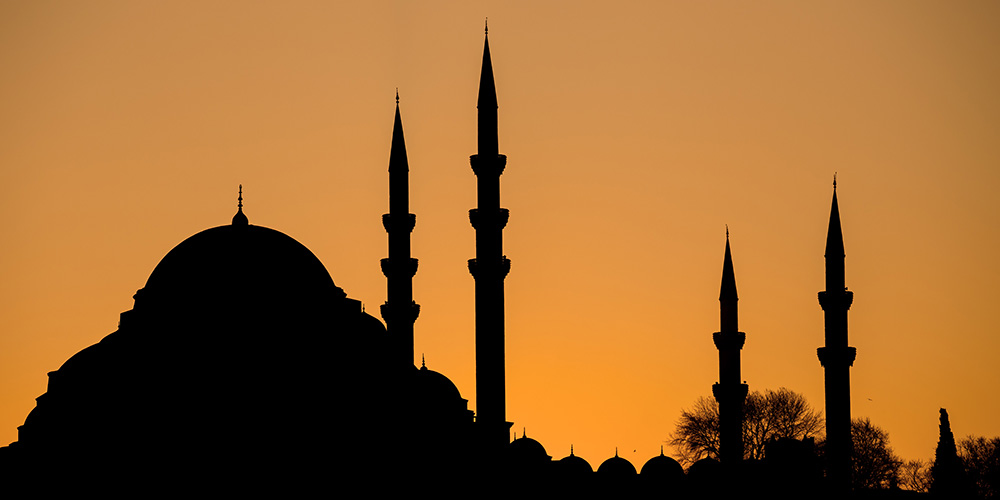 Dossier
DossierCall to prayer instead of church bells?
Text: Noëmi Kern / Foreign infiltration, Islamization, economic decline: Political actors use threatening scenarios to exert influence over people. By playing with our emotions, they leave the rational level behind.
-
 Dossier
DossierDisplaced.
Text: Urs Hafner / Migration is a source of anxiety, both for the existing population and for the migrants themselves. Very little research has been done on the fears of children housed in cantonal repatriation facilities. Their plight is a desperate one, warns Walter Leimgruber.
-
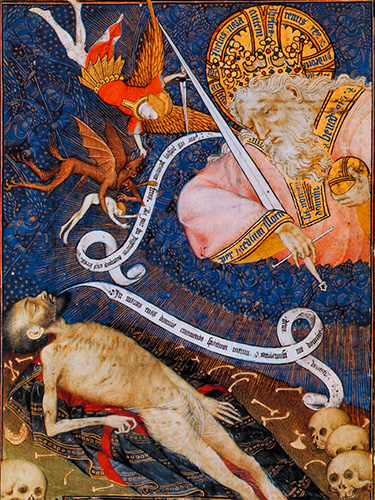 Dossier
DossierVisions of the end-time.
Text: Christoph Dieffenbacher / Harrowing images of a divine judgment at the end of the world, as described in the New Testament, were commonplace during the Middle Ages. Yet, people at the time did not live in constant fear of punishment for sin and everlasting damnation.
-
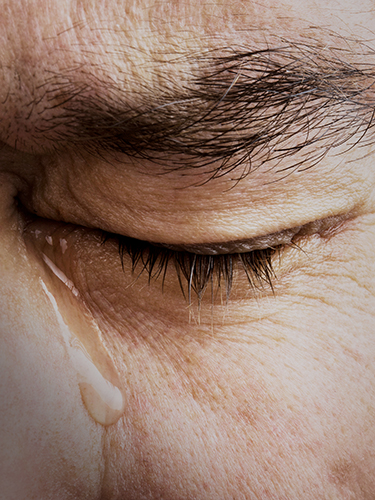 Dossier
Dossier“Death will always arrive too soon.”
Text: Cornelia Niggli / Many people have experienced the fear of death, but what if it is suddenly eclipsed by a fear of life? An interview with ethicist and theologian Georg Pfleiderer on death in the modern world, shame and what all that has to do with the crucifixion of Jesus Christ.
-
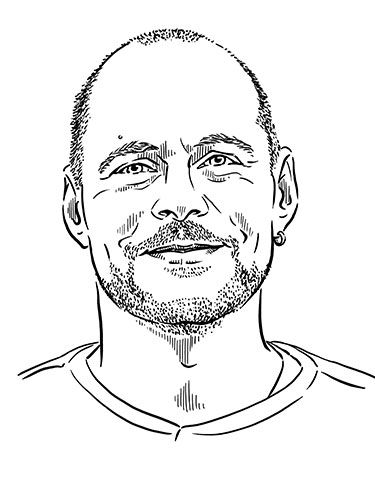 Opinion
OpinionDefinitions of sex and gender by Walter Salzburger.
Text: Walter Salzburger / In today’s society, it is widely accepted that there are more facets to gender than just male and female. How is an individual’s sex defined? Answers from the field of evolutionary biology.
-
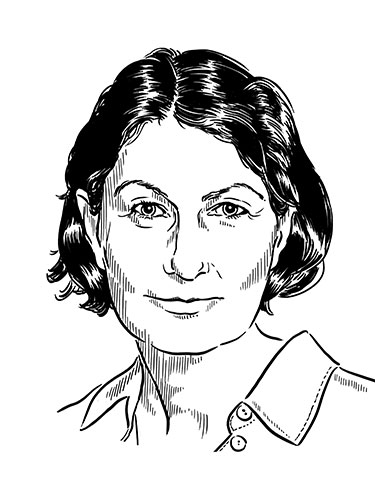 Opinion
OpinionDefinitions of sex and gender by Andrea Maihofer.
Text: Andrea Maihofer / In today’s society, it is widely accepted that there are more facets to gender than just male and female. How is an individual’s sex defined? Answers from the field of gender research.
-
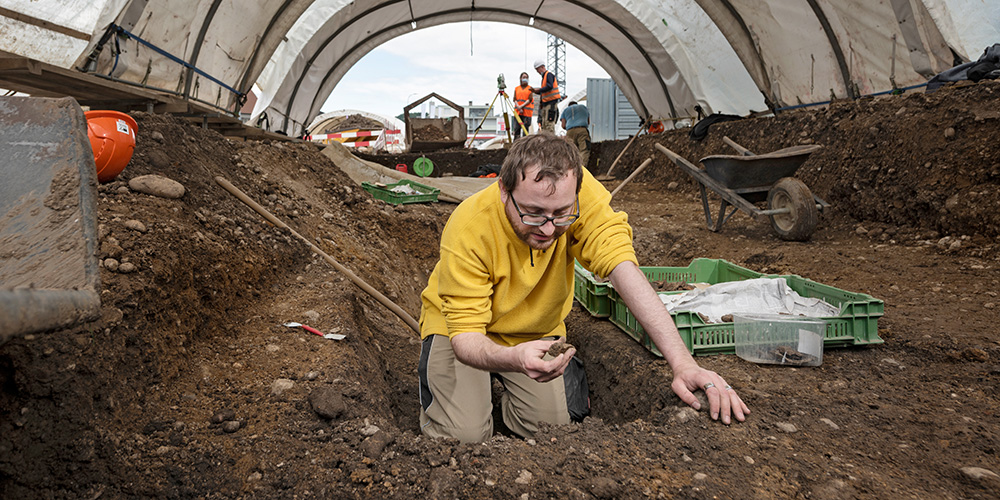 In pictures
In picturesBones, seeds and sediments.
Text: Angelika Jacobs / Researchers perform a rescue mission on hands and knees with spades, sieves and their bare hands. At the future site of a new, large-scale building complex and parking garage located on Zürcherstrasse in the city of Windisch, Switzerland, the Canton Aargau Archaeology Department is working to preserve the remains of the Roman legion camp Vindonissa.
